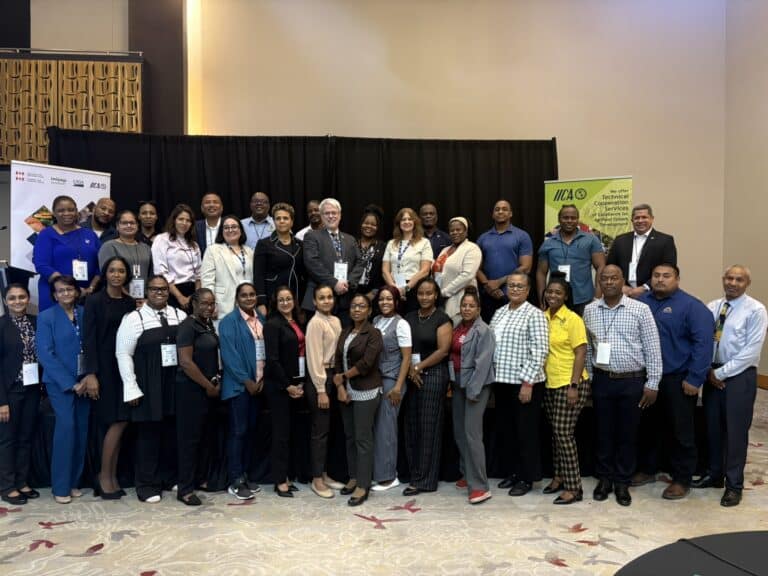The McGill Centre for the Convergence of Health and Economics (MCCHE), in conjunction with the Global Alliance for Improved Nutrition (GAIN) and the Micronutrient Initiative (MI), launched the 2016 Global Nutrition Report (GNR) in November with an engaging panel and a backdrop of exciting food start-ups. The GNR was however sobering. It underscored the stark realities regarding malnutrition security facing many in the world. Even in Canada, it was recognized that obesity, micronutrient deficiency, and nutrient-related non-communicable diseases such as diabetes, heart disease, and some cancers have affected millions of individuals and produced significant social and economic costs.
Ottawa, ON. With the theme “From Promise to Impact”, the GNR was optimistic. It noted that in order to achieve the goal of ending malnutrition in all its forms by 2030 – as outlined by the UN’s Sustainable Development Goals – a multisector approach is needed with strong political leadership and support from the business community.
The initiative of the McGIll Centre (MCCHE) known as Convergent Innovation (CI), is well positioned to contribute to the efforts in Canada as conceptually CI has the nutrition and health of people and the environment at the forefront of social and commercial entrepreneurship and aims for sustainable development and affordable healthcare for all.
The Global Nutrition Report is an independent, multi-partner initiative that holds a mirror to our successes and failures at meeting intergovernmental nutrition targets.












